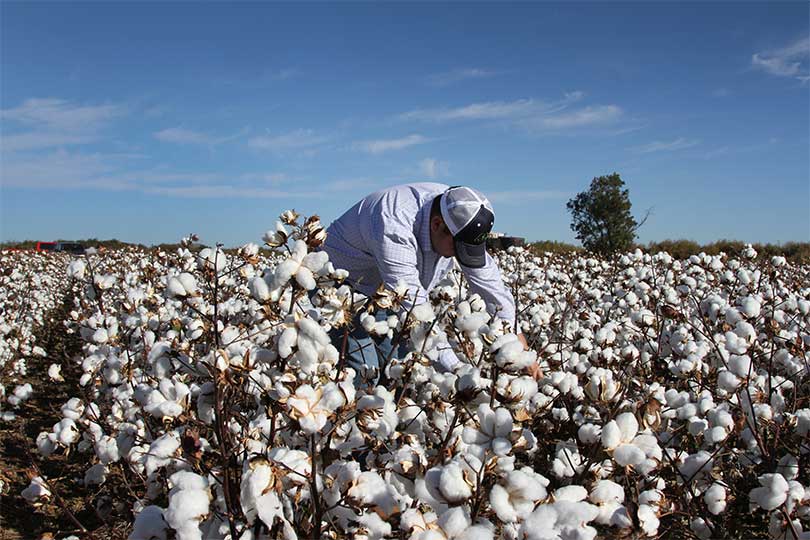By Jennifer Dorsett
Field Editor
Best practices and crop production issues unique to the Red River region along the borders of Oklahoma and Texas will be covered during the Red River Crops Conference.
“The annual conference focuses on providing relevant management information applicable to the Red River region that can help enhance the potential profitability of farm and ranch enterprises,” Gary Strickland, Oklahoma State University Cooperative Extension agricultural educator, said.
The conference, which is set for Jan. 22-23 in Altus, Oklahoma, is a collaborative effort between the Oklahoma Cooperative Extension Service and the Texas A&M AgriLife Extension Service. Sessions and talks will feature experts from Oklahoma State University, Texas A&M University, Noble Research Institute, National Cotton Council and the U.S. Department of Agriculture’s Agricultural Research Service.
The first day of the conference will be dedicated to cotton production. The National Cotton Council will give an update on current market conditions and an outlook on the future. Ginning and storage, herbicide programs, seed technology and other relevant cotton crop information will be covered.
The second day will focus on other crops including wheat, grain sorghum and a cool-season grass variety, Chisholm tall fescue.
Technology apps useful in agriculture, farm bill updates and other topics will also be discussed.
Farmers in the Red River area traditionally grow cotton, wheat and grain and forage sorghum. In recent years, some farmers have added canola, guar and sesame crops to their rotation. Ranchers often manage both introduced and native grass pastures for grazing.
Obstacles in the Red River region, Strickland said, can include limited water resources and weather extremes from hot, dry summers to freezing winter temperatures.
“Think of the conference as one-stop shopping, as we will be covering a multitude of topics that should be of interest to operations in the Red River area,” he said. “We will be offering continuing education units for certified crop advisers and agricultural pesticide applicators.”
To register, visit the Jackson County Oklahoma Cooperative Extension Service web page.
Registration is $25 per person.
Interested persons may also contact Strickland at gary.strickland@okstate.edu or by phone at 580.477.7962.

